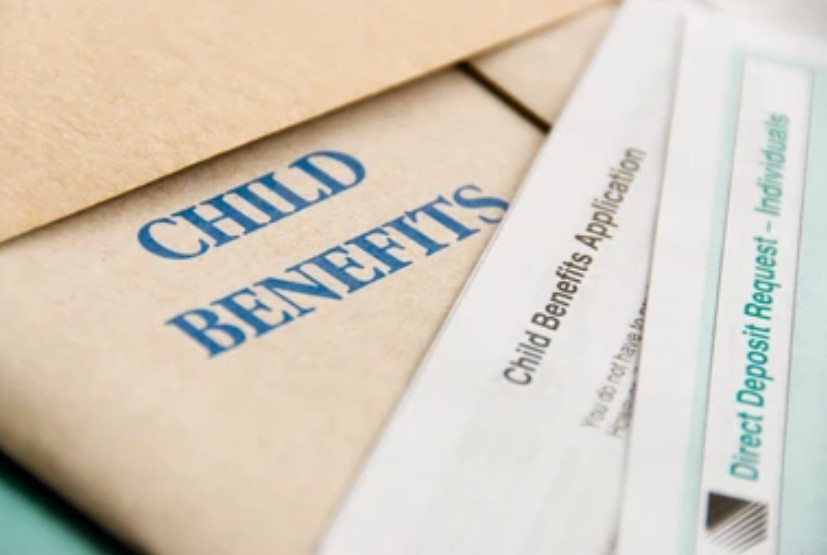Parents across the UK could save £7,500 a year as the government rolls out its expanded free childcare scheme, but not everyone qualifies. Here’s how to check if you do.
From Monday, millions of working parents in the UK will gain access to 30 hours of free childcare per week, as the government’s scheme officially widens its scope.
Previously limited to children aged three to four, and just 15 hours for younger ones, the new offer now includes children from nine months up to four years old, a major boost for families juggling work and rising childcare costs.
According to government estimates, this expansion will put £7,500 a year back in the pockets of working parents.
Education Secretary Bridget Phillipson said: “Giving every child the best start in life is my number one priority, which is why we are delivering on our commitment to provide hundreds of thousands of children with 30 hours of government-funded early education.”
She added: “Whether it’s to save up to £7,500 a year, support parents to get back to work or reduce the pressure on grandparents who so often have to step in, the benefits are widespread.”
Who qualifies and who doesn’t?
The scheme is aimed at working parents in England. To qualify, certain income thresholds must be met, depending on age:
| Age Group | Minimum Earnings (3 months) | Weekly Equivalent |
|---|---|---|
| Aged 21+ | £2,539.68 | £195.36/week |
| Aged 18–20 | £2,080 | £160/week |
| Under 18/Apprentice | £1,570.40 | £120.80/week |
Parents who don’t meet these earnings or who aren’t working won’t qualify, unless they receive specific benefits such as:
- Incapacity Benefit
- Severe Disablement Allowance
- Carer’s Allowance
- Contribution-based ESA
- Limited Capability for Work
Couples where only one parent meets the threshold are still eligible.
Miss the application deadline and you could lose three months of free childcare. Make sure you apply in time. See key dates below.
How to apply for the free 30 hours
It’s fairly straightforward. Parents must:
- Visit the Department for Education website
- Set up a childcare account (takes approx. 20 minutes)
- Have the following ready:
- National Insurance number or Unique Taxpayer Reference
- Child’s birth certificate
Applications can be submitted once the child is 23 weeks old. Eligibility needs to be reconfirmed every three months to remain valid. Apply now for 30 hours of free childcare.
Key dates: When to apply
Timing is everything. Here’s when your child must be born to qualify for the upcoming terms:
| Birth Window | Childcare Starts | Apply By |
|---|---|---|
| 1 Sept – 31 Dec | 1 January | 31 December |
| 1 Jan – 31 March | 1 April | 31 March |
| 1 April – 31 August | 1 September | 31 August |
Missed the deadline? You’ll likely lose out on three months of funded childcare.
What if you’re not eligible?
Not all is lost. Even without full eligibility, families still have access to:
- 15 hours/week for all 3–4-year-olds (570 hours annually)
- Paid via an approved childcare provider
- Ends when the child enters reception
For families on Universal Credit, up to 85% of childcare costs can be reimbursed. It’s worth noting that September benefits and pension payment dates could also impact your household budget, especially for those juggling childcare expenses with fixed incomes.
- £1,031.88/month (one child)
- £1,768.94/month (two or more children)
However, these costs must be paid upfront, then claimed back through your Universal Credit account or via a work coach.
Nurseries under pressure
While the government’s expansion is being welcomed by families, the childcare sector itself is sounding alarm bells. Nurseries across England report they are struggling to recruit staff fast enough to handle the sudden surge in demand.
Many fear that without additional support, they may struggle to meet expectations, potentially leaving families without enough places to cover their new entitlement.
With bills rising and family budgets squeezed, this expanded childcare support could be a lifeline for working parents. But timing, paperwork, and eligibility checks are crucial.
If you’re unsure about your status or want to apply, it’s best to act early and avoid missing out on a scheme that could save you thousands.






